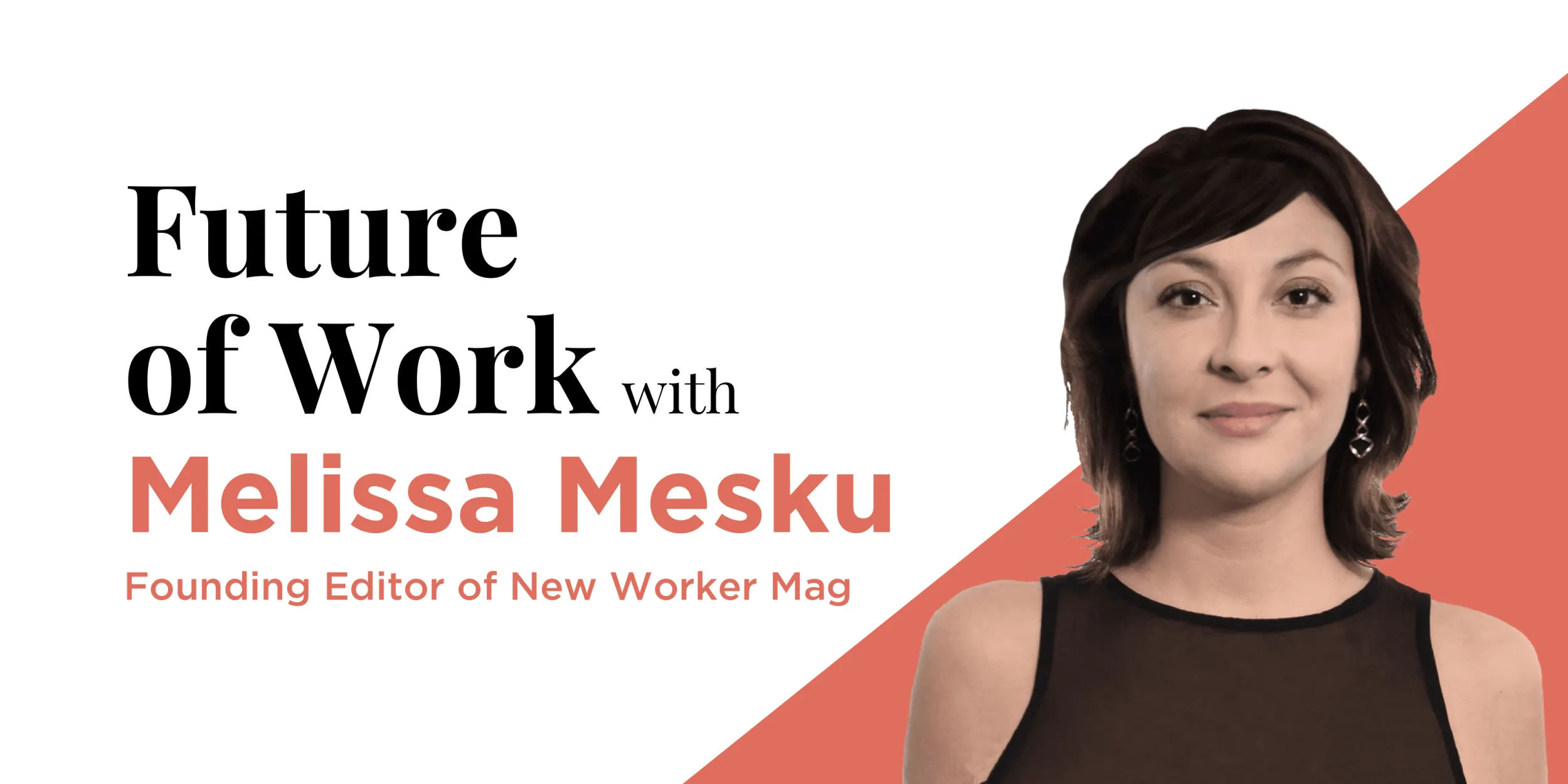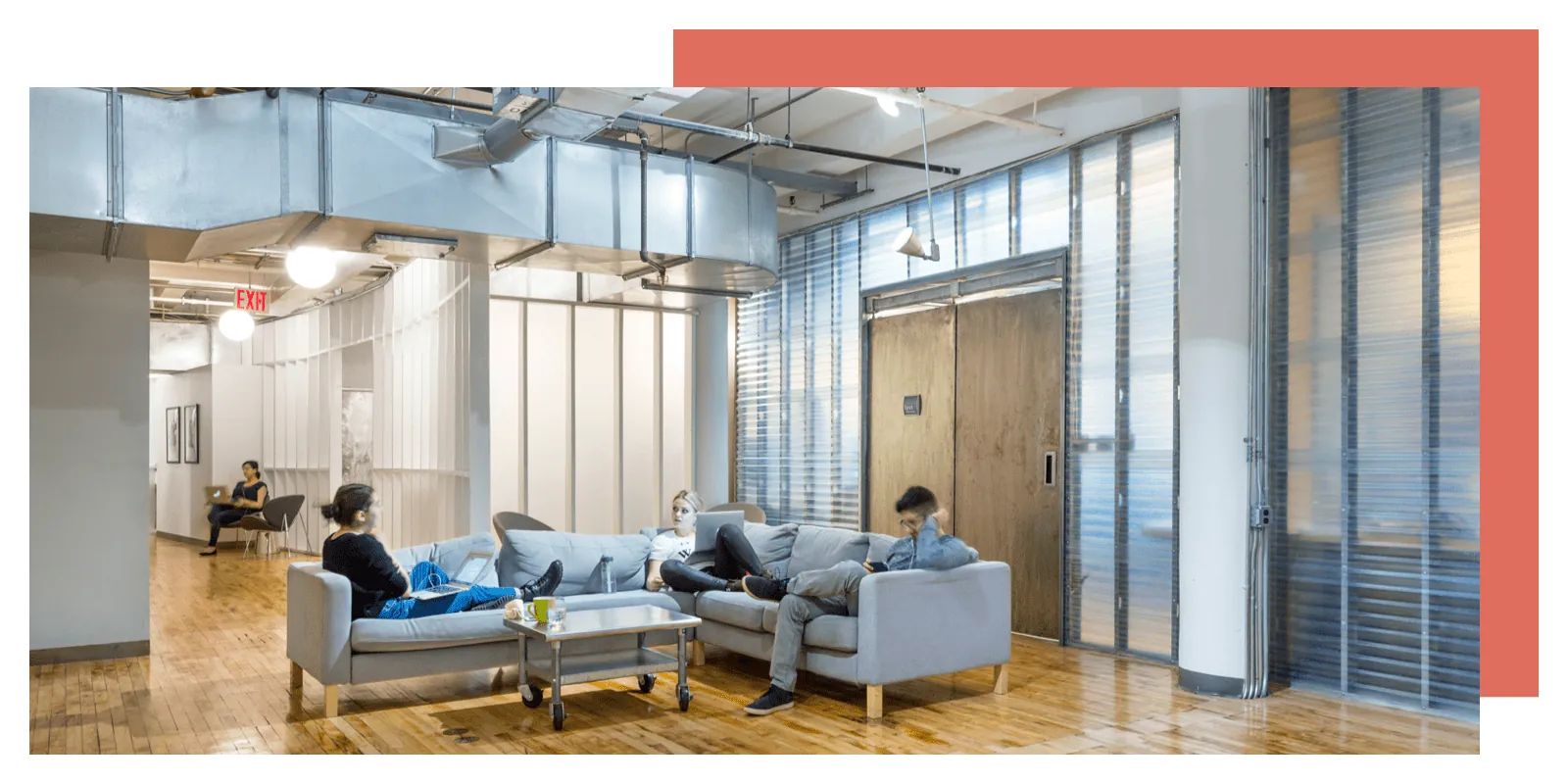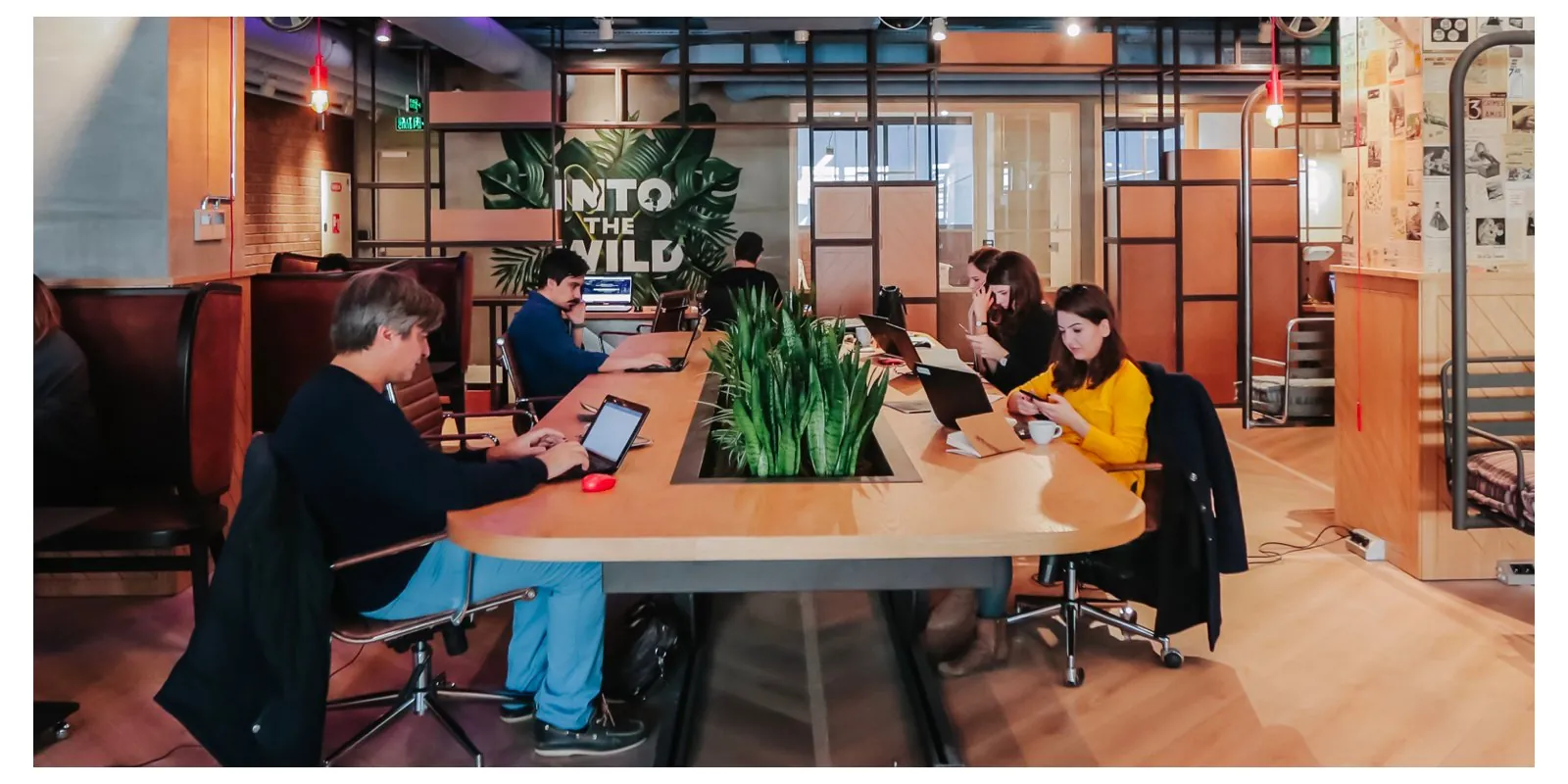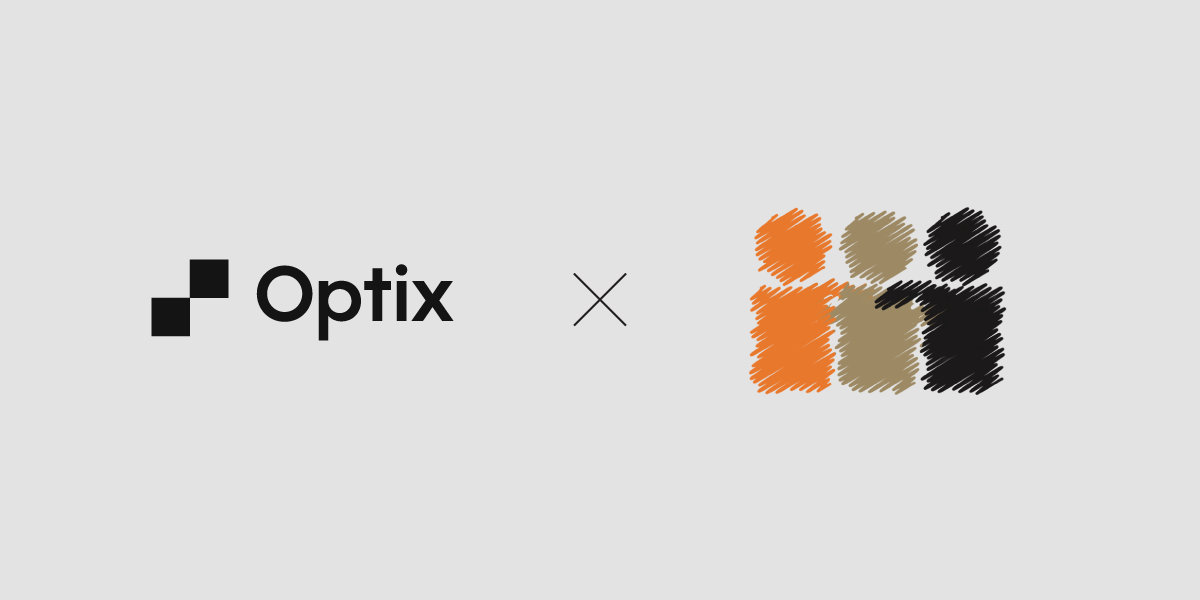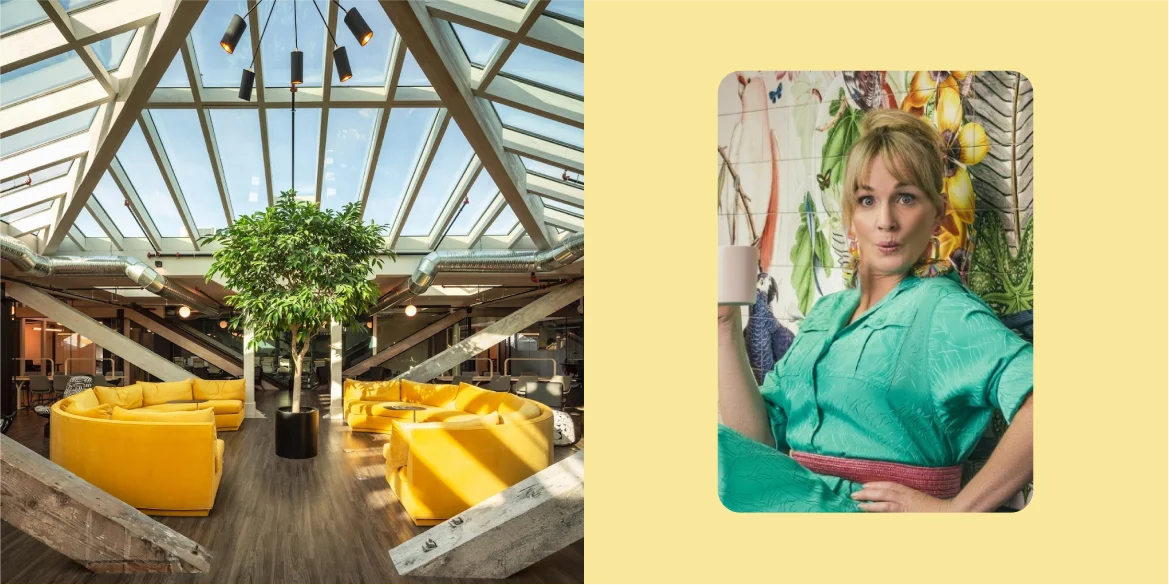As an advocate and early-adopter of the coworking lifestyle, Melissa founded New Worker Magazine in 2013, an online publication focused on profiling and bringing together coworking community members.
Today, she’s proud that this formerly grassroots movement has gone mainstream, but she hopes that the quaint charm of old-school coworking doesn’t get lost in the process. Without further ado, here’s Melissa’s future of work in her own words.
Extending the coworking conversation
I was myself a freelancer and small business owner working out of New York’s first coworking space. In fact, I was very fortunate to find myself in there. It was a hive of activity that attracted pretty much anyone who was anyone in the tech and entrepreneurship community at that time. Working there led me to discover a wide network of independent coworking spaces.
I soon learned that all these spaces were all fighting for the same thing––to provide a communal space for people that wanted more out of their life than work and wanted more out of the work than the traditional. In an attempt to contribute to this movement that is so near and dear to me, I decided to start a publication and extend the coworking conversation.
When I started New Worker Mag five years ago, there wasn’t much being written about coworking at all. Everything was very top level, very generalist and it quoted the same five or six people. On top of that, most of it only targeted towards coworking space owners. The coworking narrative was missing important sides of the story.
"There was this groundswell of people who really enjoy coworking and want to see it thrive because they’ve got a lot out of it."
Through New Worker, I wanted to give a platform to all the players in the coworking industry. This included the daily users of coworking spaces who got a lot out of these environments and had a lot to say about it. I wanted to give them a chance to make their case for this approach to work and recommend coworking to others. At the same time, I wanted to give them a space to find and connect with others who are part of this movement.
The evolving face of the coworking community member
When I first started out, coworking spaces were independently owned, small-scale and community-driven. The coworking demographic consisted of mostly freelancers and small business owners who firstly needed affordable office spaces, and secondly enjoyed the camaraderie of coworking communities. In those settings, the community members had a lot in common with one another, so there was always a sense of togetherness there. The positivity that emanated from those environments is what made coworking such a unique, enriching and charming experience.
"There is a certain aura or intangible x-factor that only a close-knit community provides."
As incredible as coworking was, very few people knew about five years ago. Since then, coworking has definitely come into the limelight. Today, coworking has evolved from a niche movement to that of large-scale ubiquity as coworking chains have entered the market. The average coworking community member has also changed; blue chip companies are giving their employees the option to work out of these spaces – at least 25 percent of people who are coworking right now are employees of major corporations.
This is actually a very interesting reality for an owner of a coworking space since enterprise clients are proving to be more and more important for coworking spaces. Instead of waiting for a freelancer or a startup with five or 10 employees to walk through their door, coworking spaces need to realize that the current bang for their buck is major companies. In order to optimize their spaces, they need to start approaching firms’ HR personnel and working toward making their spaces and their communities amenable to not just freelancers and small business owners but traditional employees as well.
"For a coworking space owner, now your customers are not necessarily just your members, but the companies that they work for."
Marrying the old with the new
It certainly gives me great joy to see that so many more people have tried coworking today and are starting to understand why it’s such a great approach to work. But at the same time, I wonder if coworking chains are doing a good enough job of replicating the essence of old-school coworking. I always want to cheer for the little guy – a one-location place that adheres to the original coworking model – but then again, I do understand that the original coworking model is not viable on a mass scale.
It’s not easy to do, but I love when I see hybrid solutions to coworking that tie the old with the new. Personally, I’m quite excited about the focused and differentiated approach to coworking that I’m seeing more of today. In New York, there are a handful of cryptocurrency-focused coworking spaces, for example, which is fascinating. Not only are they catering to a smaller group of people, but they’re also bringing together those who share a common interest or industry. There’s naturally going to be a lot more of that camaraderie amongst members of spaces like that, more like that of old-school coworking communities.
Another innovation that I’d like to see in coworking spaces is the addition of ancillary services to complement work and work-life balance. I think that incorporating coworking with things like child care is a fine idea. I’m on the board of a space in Seattle that’s doing that, and I hope this becomes the norm soon. It would be the logical next step to reinventing coworking. The old narrative about coworking was about how it blurs the lines between home and work; the next will be about bringing certain features into focus, because we need them.
"Coworking is an out-of-the-box approach to working and I hope the industry can evolve with newer forms and hybrid styles of old-school coworking."
About the Optix Blog Series ‘The Future of Work With…’
‘The Future of Work With…’ is a blog series profiling members of the Optix community. We are speaking with our diverse network of entrepreneurs, business travellers, industry thought leaders, freelancers, and flexible workplace operators, and sharing their stories and experiences on how they dream up a more flexible future for work.
Originally published on April 9, 2018 at sharedesk.net.

